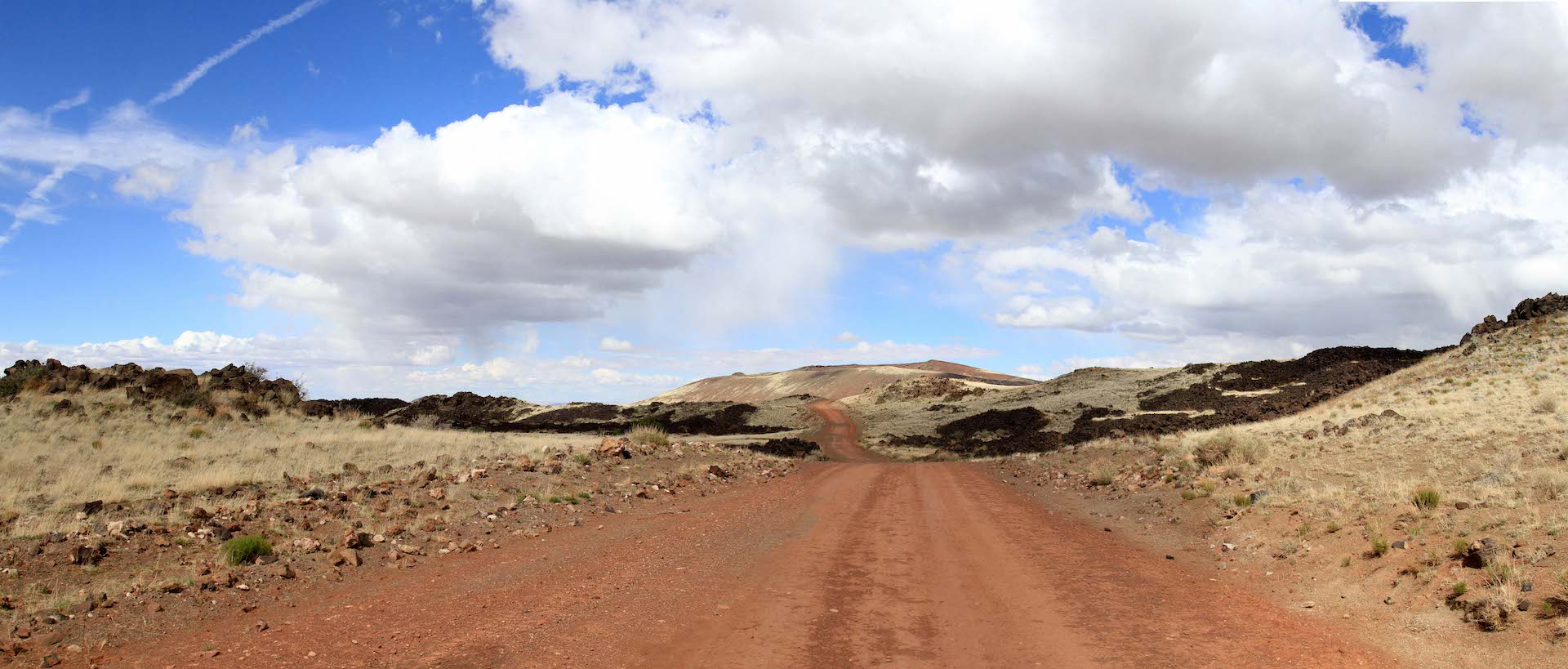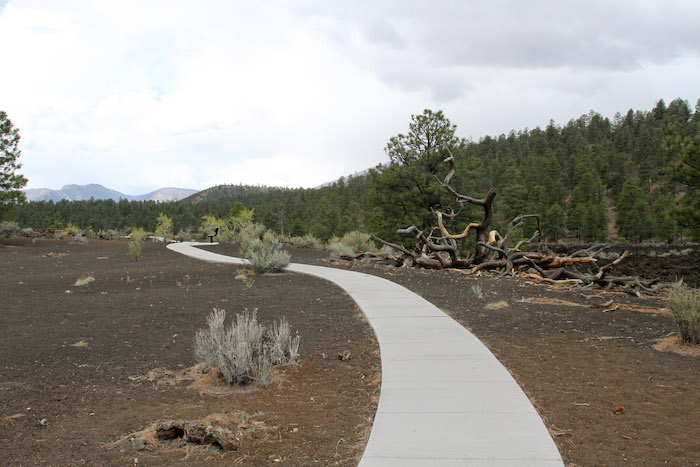
Leveling the Field
UF geologists develop fieldwork course that’s accessible to all
For students in the geosciences, fieldwork plays a major role in both education and future career prospects. These firsthand experiences in real-world environments offer chances to develop skills that the classroom doesn’t provide.
“It’s where students begin to see themselves as practitioners in the making,” said ANITA MARSHALL, lecturer and experiential learning coordinator for the Department of Geological Sciences.
Fieldwork, though, can often take place in remote locations, require traversing difficult terrains or lack inclusive accommodations — effectively excluding many students with disabilities. Such barriers may weaken the students’ resumes or prevent them from completing their required coursework.
Marshall and fellow UF geologists STEPHEN ELARDO and AMY WILLIAMS are working to remove those barriers. Supported by a $391,538 grant from the National Science Foundation, they’re developing a fieldwork course called GeoSPACE that uses technology and inclusive design to be accessible to all. They’re joined in their effort by co-principal investigators Dave Williams from Arizona State University and Jen Piatek from Central Connecticut State University.
“Not everyone is willing to go out into the field, or they might find it hard to go out in the field. You’re no less of a geologist for that,” said Marshall, who also serves as the director of operations for the International Association for Geoscience Diversity. “Nowadays, a lot of exciting geology is done with technology and remote participation.”
In addition to using technology such as live-streaming and drone flights to access to sites, GeoSPACE will incorporate physical visits to locations that already have accessible features in place. Sunset Crater Volcano National Monument in Arizona, for example, has paved trails along its lava flows.
Ironically, many of the most “accessible” sites are those that aren’t physically accessible to anybody at all. These extreme locations can only be reached by drone or other remote technologies, so students with and without disabilities are on an even playing field when studying them.

Marshall’s passion for this work comes from firsthand experience: During graduate school, she was struck by a drunk driver and, after multiple surgeries, had to use a wheelchair. With the support of her department, she was able to complete her fieldwork through creative solutions while regaining her ability to walk.
But not every geology student with a disability is offered the same support: Less than 5 percent of students finishing undergraduate geology degrees have disabilities, and only 9 percent of people in the geology workforce have disabilities. Compare that to roughly 20 percent of the general population, and the exclusion in the discipline is clear.
With GeoSPACE, Marshall and her collaborators hope to take a step toward changing a culture that equates physical ability with success. All students interested in the geological sciences, they believe, deserve to access the knowledge, social opportunities and sense of belonging afforded by fieldwork. They hope the course will also appeal to undergraduates in other disciplines, such as biology or physics, who may consider pursuing graduate degrees in the geosciences.
While restrictions brought on by the pandemic have introduced new challenges, the collaborators are hoping to launch the GeoSPACE course in Spring of 2022. You can learn more about the project and student opportunities to participate here.


